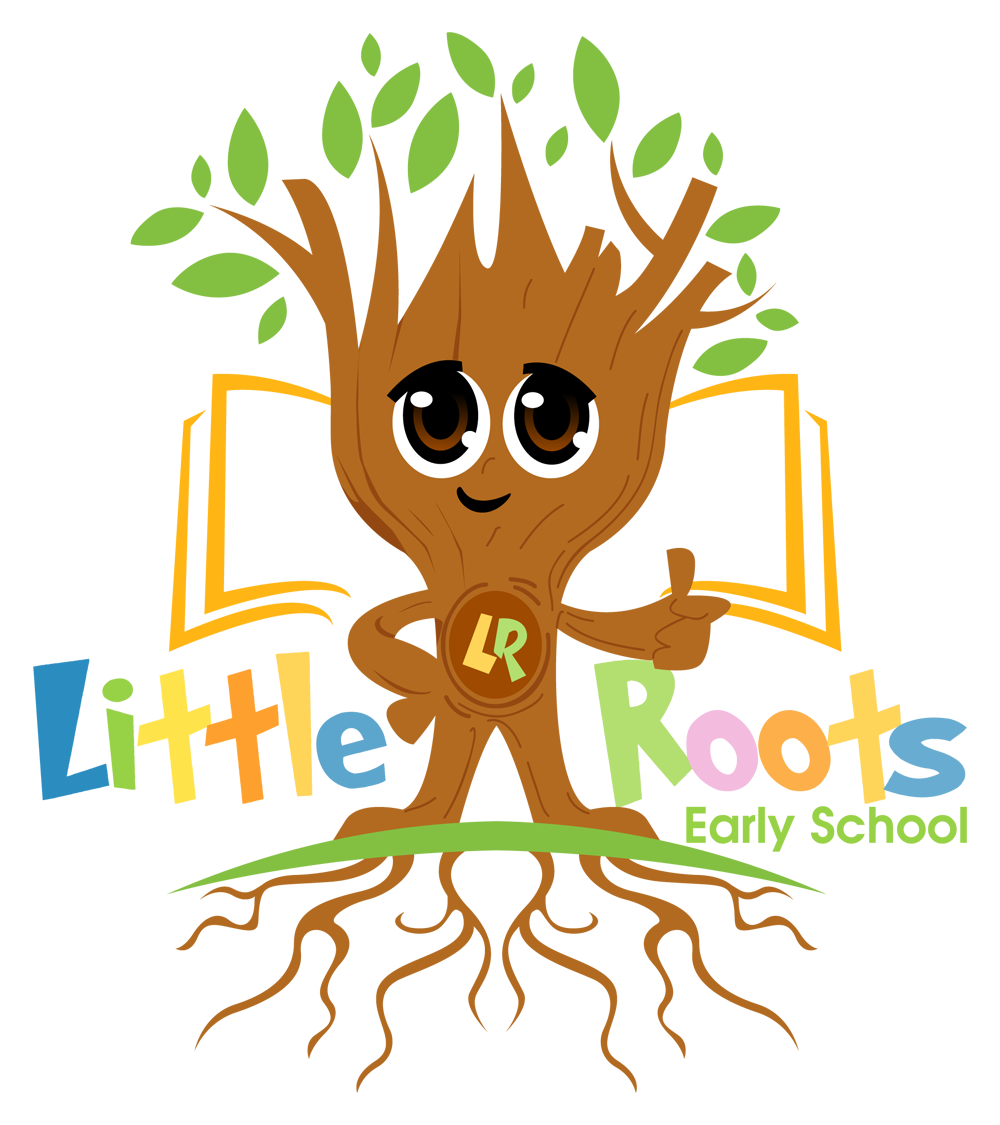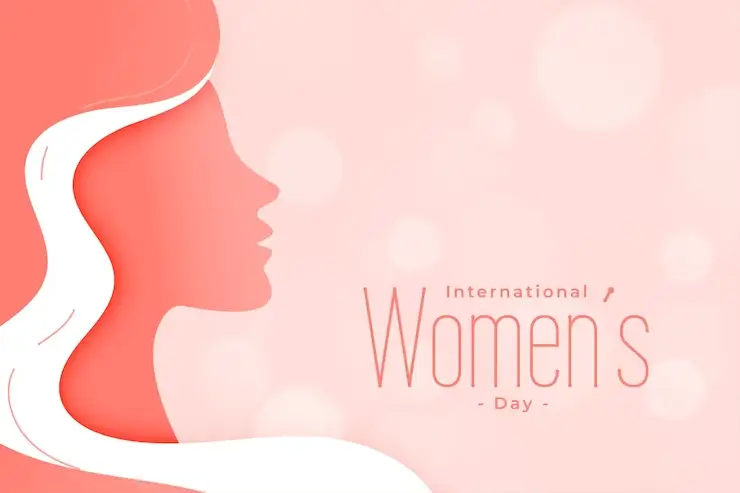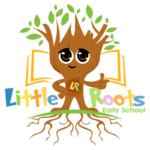Introduction
Here at Little Roots Early School, we are proud to celebrate the accomplishments of women throughout history and acknowledge those that have shaped our world in important ways. As part of the celebration for International Women's Day this year, we'd like to take a moment to recognize one woman who dedicated her life to providing children with unique educational opportunities—Maria Montessori. While she may not be as recognizable now as she was during her lifetime in the early 20th century, this extraordinary inspirational figure left an indelible mark on children’s education both then and today. Keep reading for more about Maria Montessori's remarkable impact on learning!
Maria Montessori was born in Italy in 1870. She was a teacher and a doctor, who developed a revolutionary approach to child education.
Maria Montessori was born on August 31, 1870. She was a teacher and a doctor, who developed a revolutionary approach to child education.
She was a pioneer in the field of education, and her work continues to inspire new generations of educators around the world today. Montessori's work on child psychology influenced the educational system in many parts of the world, such as Japan and India, where she worked as an educator and physician.
Montessori is known for her work in the field of child psychology. Montessori worked with children from all walks of life. She promoted education for children from different cultures and backgrounds, as well as those who were disabled or had special needs. She also inspired many educators to create their own methods based on her principles:
She grew up surrounded by books written by scientists like Aristotle and Galileo that sparked her interest in science at an early age!
Her philosophy of education was rooted in her belief that children are natural learners.
Montessori's philosophy of education is rooted in her belief that children are natural learners. Children come into the world with an innate curiosity and desire to learn, but they cannot do so without proper stimulation from their environment and support from the adults around them. Montessori believed that environments should be created where children can safely explore their surroundings, encounter new things through play, and use their senses to gain knowledge about themselves and others.
In this way, Maria Montessori laid out a plan for how we can best prepare our children for success in life--and it starts with giving them opportunities to learn through play!
She also believed that children learn best through self-directed play and experiences.
- She also believed that children learn best through self-directed play and experiences.
- Play is a natural way for children to learn.
- Children learn through their own experiences, not by being told what they should do or think.
- Children learn best when they are allowed to explore and discover things on their own, rather than being told what they should do or think (or even worse, having their hands held).
- Children will make mistakes while exploring the world around them; this is how we learn from our mistakes!
The way she organized her classrooms was different from other schools at that time because she had no desks or chairs, only benches or tables with stools around them.
Montessori was a pioneer in education. She believed that children learn best through hands-on experiences and self-directed play. She had children sit on stools or benches instead of desks, believing that this would help them focus their attention on the task at hand. Montessori also modified her classrooms to accommodate her students' needs, including making them quiet places where kids could study without being distracted by other people's conversations or sounds from outside the room (like birds chirping).
Her method was based on scientific observation and experimentation which led to a variety of discoveries about how children learn at different ages, what their interests are, what challenges they face, etc.
Montessori was a pioneer in the field of child psychology. She developed a classroom that was based on her observations of children, and she developed a method of teaching based on her observations of children.
Her method was based on scientific observation and experimentation which led to a variety of discoveries about how children learn at different ages, what their interests are, what challenges they face, etc.
Conclusion
Maria Montessori is an extraordinary woman and her work has left a lasting mark. Her vision of education laid the foundation for how children learn around the world. She sparked a revolution in how we thought about education, and she believed that kids learn best when given the opportunity to explore independently. We invite you to think of ways to honor her legacy by creating an educational environment focused on self-directed play and exploration — thus, we can remember Maria Montessori and continue her mission. Let us know what other ideas you have for celebrating this amazing educator! Thank you for taking the time to read this blog post!


